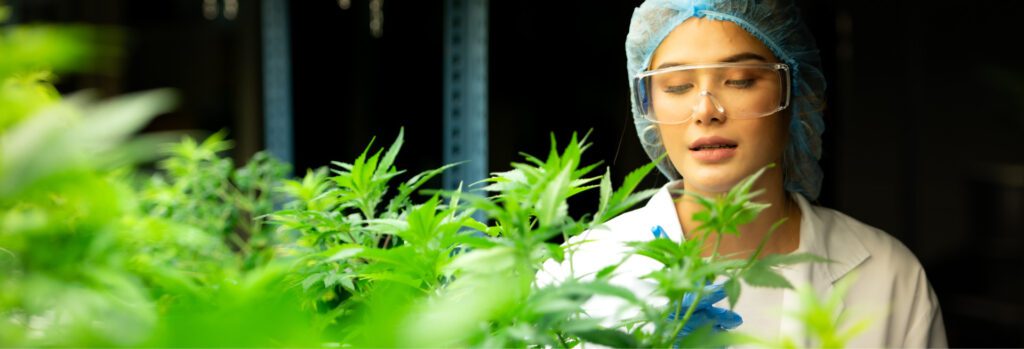New Clean Hydrogen Tax Credit on the Horizon
A new tax credit, the clean hydrogen tax credit, may be on the horizon for businesses that invest...

Cannabis tissue culture has seen a surge in popularity in Canada the past years. Cannabis is renowned for its potential in both medical and recreational applications. As the cannabis industry continues to evolve, so does the research about methods employed to cultivate and enhance the plant. Among these methods, cannabis tissue culture has gained significant attention.
Tissue culture is a scientific in-vitro plant micropropagation technique used in biology and agriculture. This cutting-edge technique involves the cultivation and growth of tissues or cells, in a closed and sterile environment.
Cannabis tissue culture begins with the dissection of a healthy and desirable mother plant, from which a small tissue sample is collected (the explant). This tissue is then placed on a nutrient-rich agar media in a laboratory setting, where all the conditions are in favor of the cells’ multiplication. After rooting and growth, the newly obtained plants (clones) are genetically identical to the mother plant.

This method is very promising for the industry, due to the various advantages it presents:
However, even though this method has already been used with other plants, studies started very recently with cannabis, and limited publications exist currently. Each strain might have different needs to be able to grow in vitro. Strict laboratory practices and highly trained employees are very important to work on cannabis tissue culture.
If you want to learn more about Cannabis Tissue Culture and work with professionals, La Cité College has the equipment, personnel, and expertise to work on many aspects of cannabis research. They propose various services to help companies within their R&D projects in cannabis tissue culture.
Also, knowing that Canadian companies facing scientific and technological challenges in cannabis culture methods present a high potential of eligibility of their research projects to the SR&ED (Scientific Research & Experimental Development) program. If you want to know if your company is admissible to claim SR&ED tax credits, feel free to contact one of our experts for free today!
Explore our latest insights
More arrow_forward
A new tax credit, the clean hydrogen tax credit, may be on the horizon for businesses that invest...

The Clean label has transitioned from trend to a lifestyle placing pressure on the food and bever...

The Industry 4.0 represents a blend of two industries: information technology and manufacturing. ...

Provincial governments are slowly unveiling their provincial budgets outlining fiscal strategies ...